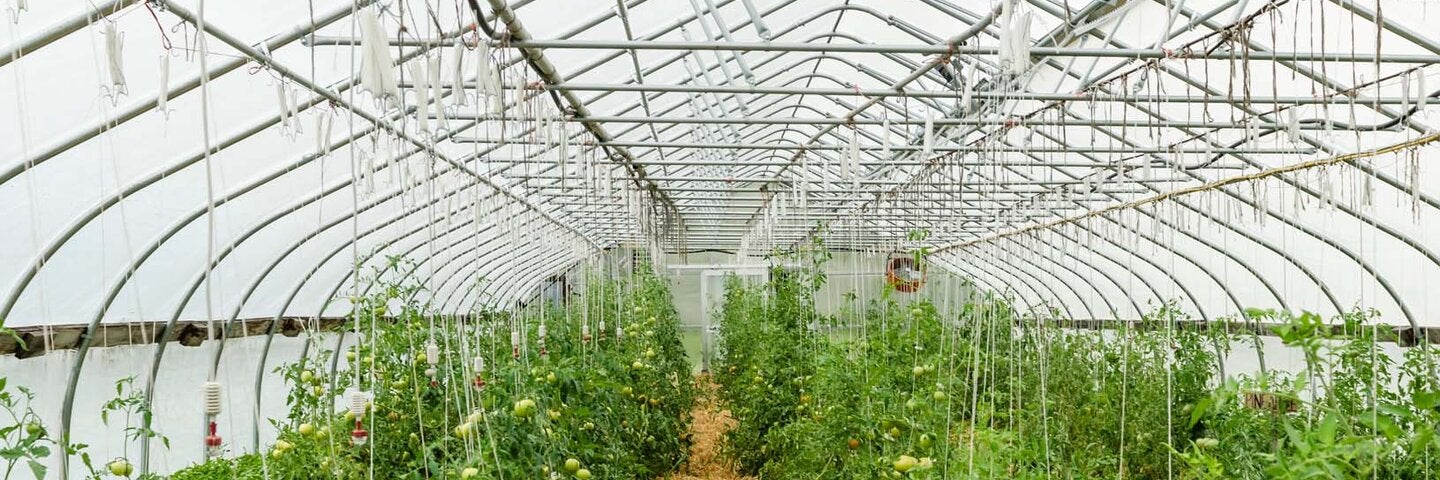Sustainable Food and Agriculture

Sustainable Food and Agriculture
PUB PLC X 478
Through informative field trips, this course examines the concepts, practices, and policies of sustainable food and agriculture in the U.S. and globally.
Typically Available
Summer
Get More Info
What you can learn.
What you can learn.
Develop a working knowledge of core economic, environmental, and social dimensions of sustainable food and agriculture
Explore the impact of agricultural industrialization and potential future opportunities of sustainable agriculture
Assess the relationship of farming to water, energy, air, and soil
About This Course
This course examines the concepts, practices, and policies of sustainable food and agriculture. Students begin by surveying the environmental, economic, and social foundations of the field in the U.S. and globally. Topics include a systems approach to sustainable agriculture; the relationship of farming to water, energy, air, and soil; field crops and animal production practices in sustainable agriculture; sustainable horticulture; organic agriculture; sustainable seafood and aquaculture; economic, social, and political context of sustainable food and agriculture; and sustainability in the culinary arts. The course also considers the impacts of agricultural industrialization and potential opportunities for the future of sustainable agriculture, including identifying practical tools, measuring performance, and reviewing best practices. Guest speakers and field trips are scheduled in the public and private sectors.
This course applies toward the following programs

Sustainability
certificate
certificate
Pursue a career with a greater purpose and establish yourself as a leader in the sustainability movement. Meet the growing demand for knowledgeable professionals in renewable energies and the sustainable practices, a driving force in our economy. Formats: Online | In-Person
Pursue a career with a greater purpose and establish yourself as a leader in the sustainability movement. Meet the growing demand for knowledgeable professionals in renewable energies and the sustainable practices, a driving force in our economy. Formats: Online | In-Person

